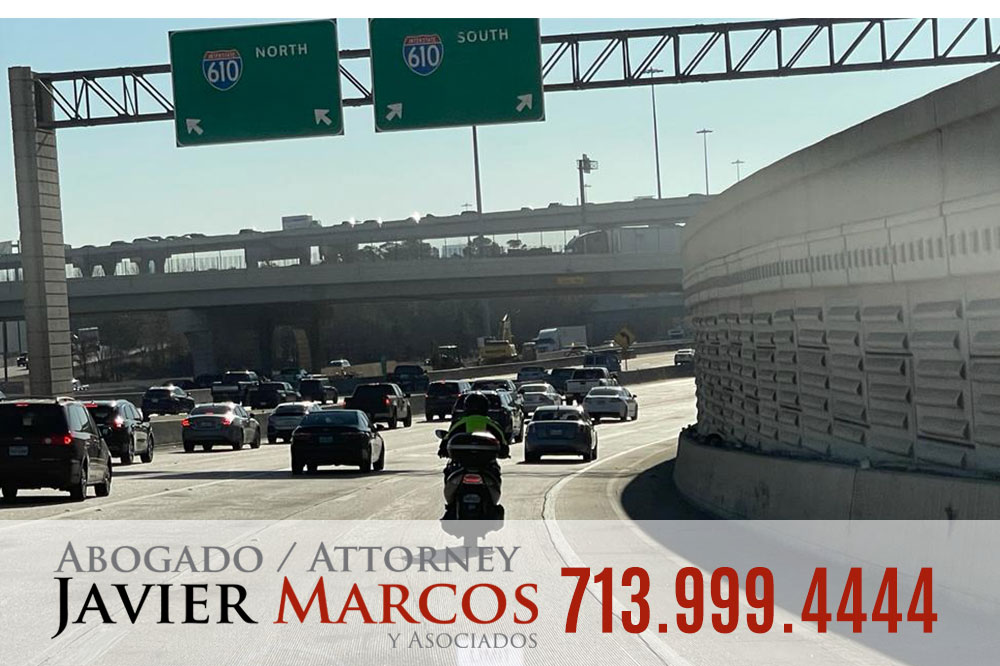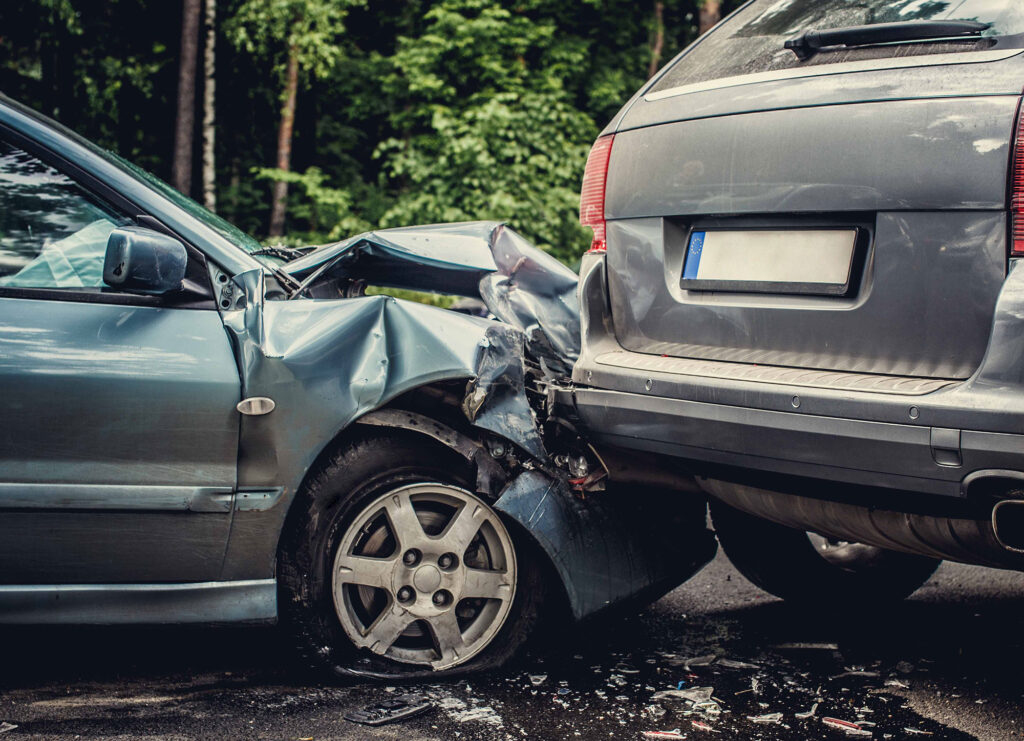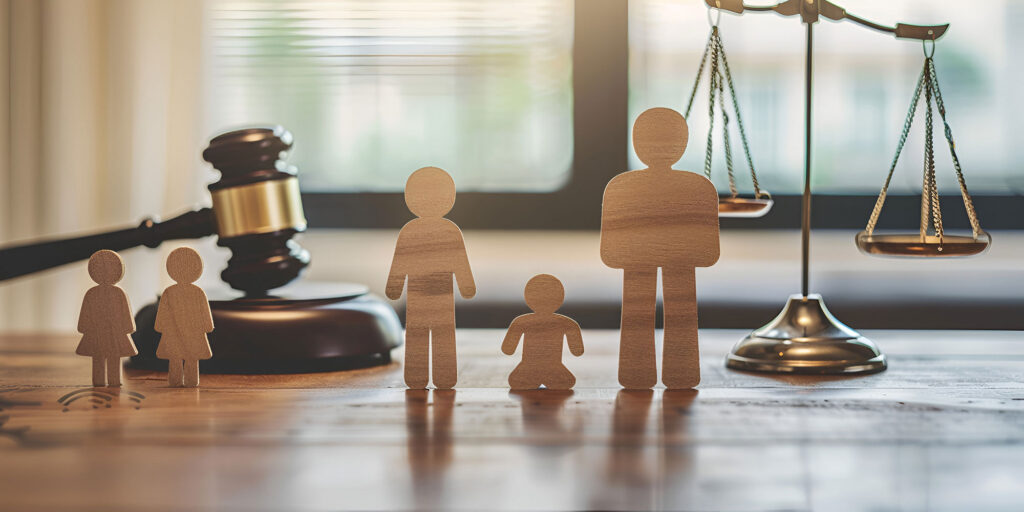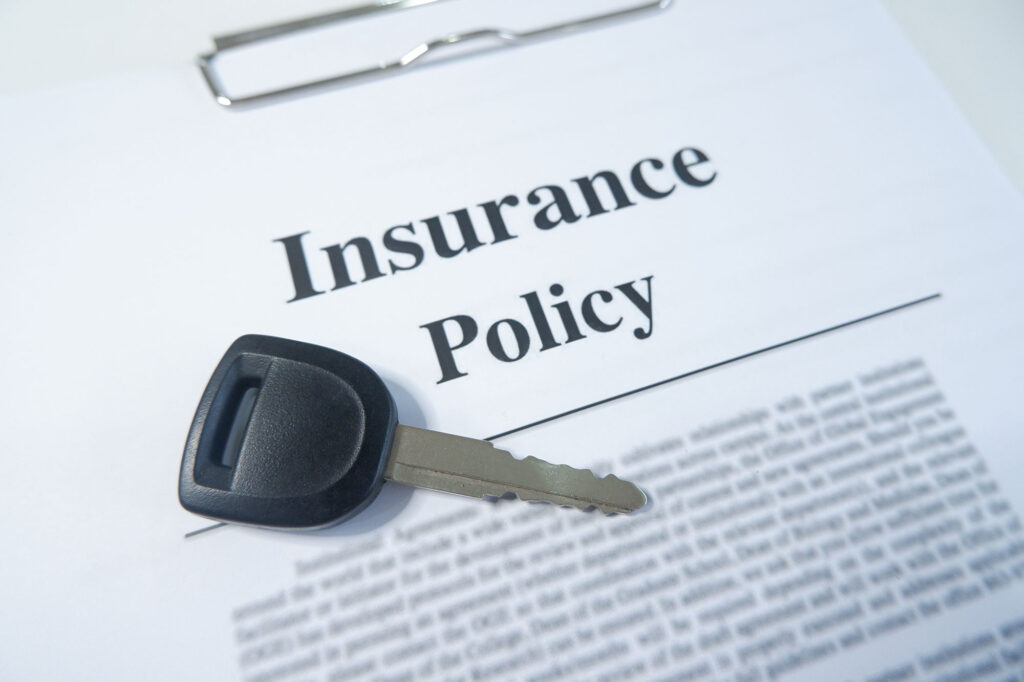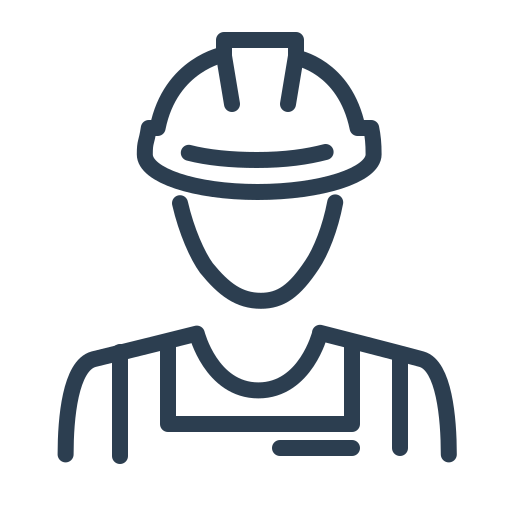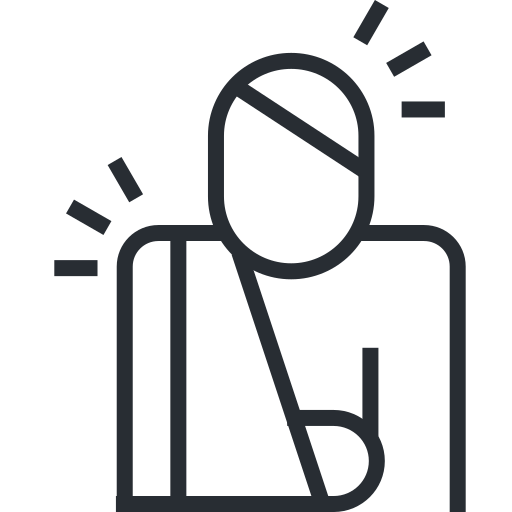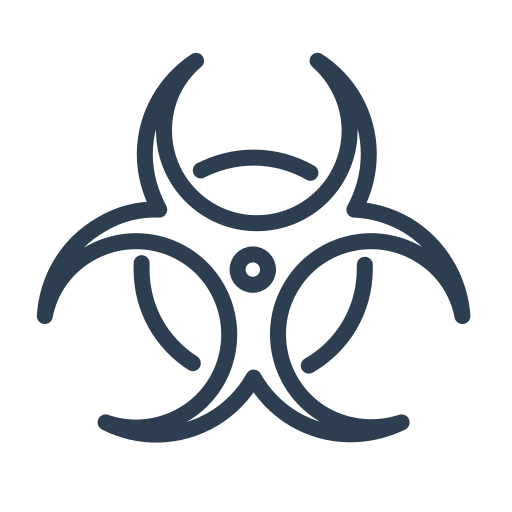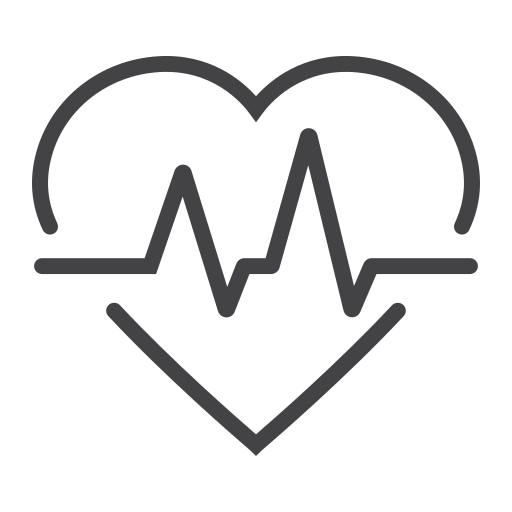Motorcycle accidents usually results in catastrophic injuries for the cyclist. Even with a helmet on, what would be a minor accident for cars and trucks can cause lifelong disabilities and even death when motorcycles are involved. The Texas Department of Transportation (TxDOT) is urging motorists and motorcyclists to take more care on the roads as they see a spike in deadly motorcycle crashes in Texas.
What are some causes of motorcycle accidents?
Motorcycle accidents can occur due to a variety of factors, and the specific cause can vary greatly depending on the circumstances. However, some of the most common causes include:
Driver-related factors:
- Driver error: This can include speeding, impaired driving (due to alcohol, drugs, or fatigue), aggressive driving, distracted driving, failure to yield, improper lane changes, and riding beyond one’s skill level.
- Invisibility: Motorcycles are smaller and harder to see than cars, so drivers may not notice them, especially in blind spots or during poor visibility conditions.
- Left-hand turns: Many motorcycle accidents happen when a car turning left collides with a motorcycle coming straight ahead.
Roadway conditions:
- Dangerous road surfaces: Potholes, uneven pavement, gravel, and debris can pose hazards for motorcycles, leading to loss of control or skidding.
- Poor weather: Rain, snow, fog, and wind can make riding motorcycles more difficult and increase the risk of accidents.
- Defective motorcycles: Mechanical problems with the motorcycle, such as faulty brakes or tires, can contribute to accidents.
Other factors:
- Inexperience: Riders who are new to motorcycles may lack the skills and experience needed to handle them safely in all situations.
- Lane splitting: While legal in some areas, lane splitting can be dangerous and increase the risk of accidents.
- Animal encounters: Collisions with animals, such as deer or dogs, can cause motorcycle accidents.
It’s important to remember that these are just some of the most common causes of motorcycle accidents. Every accident is different, and the specific cause will need to be investigated on a case-by-case basis.
Types of injuries sustained in motorcycle accidents
Unfortunately, motorcycle accidents can often result in various injuries due to the lack of protection riders have compared to occupants of enclosed vehicles. The severity of injuries can range from minor scrapes and bruises to life-threatening conditions, depending on the type of accident and the body parts involved. Here’s a breakdown of some common types of injuries sustained in motorcycle accidents:
Head and Neck Injuries:
- Traumatic Brain Injury (TBI): This is one of the most serious injuries that can occur in a motorcycle accident, even with a helmet. TBIs can range from mild concussions to severe brain damage, leading to long-term cognitive, physical, and emotional impairments.
- Facial Fractures: Collisions can cause fractures to the jaw, nose, cheekbones, or orbital bones, requiring surgery and potentially leaving permanent scarring.
- Whiplash: Sudden changes in head and neck position during an accident can strain the muscles and ligaments in the neck, causing pain, stiffness, and headaches.
Upper and Lower Extremity Injuries:
- Road Rash: Abrasions caused by sliding across pavement are common, ranging from superficial scrapes to deep wounds requiring skin grafts.
- Fractures: Broken bones are frequent in motorcycle accidents, especially in the arms, legs, and hands due to impact with the ground or other objects.
- Dislocations: Joints can be forced out of their normal position, causing pain, instability, and potential nerve damage.
Internal Injuries:
- Blunt Force Trauma: Internal organs like the lungs, spleen, liver, and kidneys can be bruised or ruptured due to the impact of a collision, leading to internal bleeding and potentially life-threatening complications.
- Spinal Cord Injuries: These devastating injuries can result in paralysis or loss of function in various parts of the body, depending on the level and severity of the damage.
Other Potential Injuries:
- Burns: Motorcycle exhaust pipes and hot engine parts can cause burns, especially in the legs and feet.
- Psychologically distress: Experiencing a motorcycle accident can lead to post-traumatic stress disorder (PTSD), anxiety, and depression.
It’s crucial to remember that this is not an exhaustive list, and the specific types and severity of injuries can vary greatly depending on individual accidents. Wearing proper protective gear like a helmet, jacket, pants, gloves, and boots can significantly reduce the risk and extent of injuries in case of a crash. Additionally, practicing safe riding habits like defensive driving, obeying traffic laws, and avoiding distractions can go a long way in preventing accidents altogether.
Safety tips for motorcyclist to prevent accidents
Gear Up and Be Visible:
- Helmet: Always wear a DOT-approved, full-face helmet that fits snugly. Replace it every 5 years or after a crash.
- Protective Clothing: Wear abrasion-resistant clothing like leather or heavy textiles, gloves, boots, and long pants and sleeves.
- Visibility: Choose bright colors and add reflective elements to your gear and motorcycle. Use your headlight even during the day.
Ride Defensively and Obey the Rules:
- Follow Traffic Laws: Obey all traffic signals, lights, signs, and lane markings. Don’t speed, drink and drive, or ride fatigued.
- Defensive Riding: Anticipate mistakes from other drivers. Assume you’re invisible and avoid blind spots. Maintain a safe distance and don’t weave through traffic.
- Signaling: Use turn signals clearly and well in advance of lane changes or turns.
Ride Smart and Stay Alert:
- Skill Level: Ride within your skill and comfort zone. Avoid stunts or risky maneuvers.
- Road Conditions: Be aware of road hazards like potholes, debris, and uneven surfaces. Slow down in bad weather.
- Intersections: Pay extra attention at intersections, where most motorcycle accidents occur.
- Distractions: Avoid distractions like phones, music, or adjusting gear while riding. Focus on the road.
Additional Tips:
- Take a Motorcycle Safety Course: Learn proper riding techniques and strategies for safe riding.
- Maintain Your Motorcycle: Regularly check tire pressure, brakes, lights, and fluids. Keep your bike in good working order.
- Ride Sober and Stay Hydrated: Never ride under the influence of alcohol or drugs. Stay hydrated for safe and alert riding.
- Be Courteous and Predictable: Signal clearly, avoid aggressive behavior, and ride predictably to minimize confusion with other drivers.
Remember, riding a motorcycle can be an exhilarating experience, but it also requires responsibility and vigilance. By following these safety tips and prioritizing safe riding practices, you can significantly reduce your risk of accidents and enjoy the open road with confidence.
Motorcycle Safety Resources
Here are some resources that you may find helpful:
- National Highway Traffic Safety Administration (NHTSA): https://www.nhtsa.gov/road-safety/motorcycles
- Motorcycle Safety Foundation (MSF): https://msf-usa.org/online-learning/
- National Safety Council (NSC): https://www.nsc.org/road/safety-topics/motorcycle-safety
We hope this information is helpful. Please contact us if you have been involved in a motorcycle accident and need help.
What to do after a motorcycle accident
Here are the immediate steps you should take:
Check for Injuries: Assess yourself and others involved for injuries. If there are severe injuries, call emergency services immediately.
Move to Safety: If possible and safe to do so, move yourself and your motorcycle away from traffic to prevent further accidents.
Contact Emergency Services: Call the police and, if necessary, request an ambulance. Even for minor accidents, it’s essential to have an official accident report for insurance purposes.
Exchange Information: Exchange contact, insurance, and vehicle information with the other party involved in the accident. Gather the names, phone numbers, addresses, insurance details, and vehicle information of all parties involved.
Document the Scene: Take photos of the accident scene, including the vehicles involved, their positions, damages, and any relevant road conditions or signage.
Witness Information: If there were witnesses to the accident, ask for their contact information. Their statements could be valuable for insurance claims.
Don’t Admit Fault: Avoid discussing fault or making any statements regarding responsibility for the accident. Stick to factual information when speaking to the police, insurance companies, or other parties involved.
Seek Medical Attention: Even if you feel fine, it’s crucial to get checked by a medical professional. Some injuries may not show immediate symptoms but could be serious.
Report the Accident: Contact your insurance company and report the accident as soon as possible. Provide them with accurate and comprehensive information about the incident.
Consult an Attorney: If the accident resulted in significant damage, injuries, or disputes about fault, consider consulting a lawyer who specializes in motorcycle accidents to understand your legal options.
Remember, every accident is different, and it’s crucial to prioritize your safety and well-being first. Following these steps can help protect your interests and facilitate the claims process.

